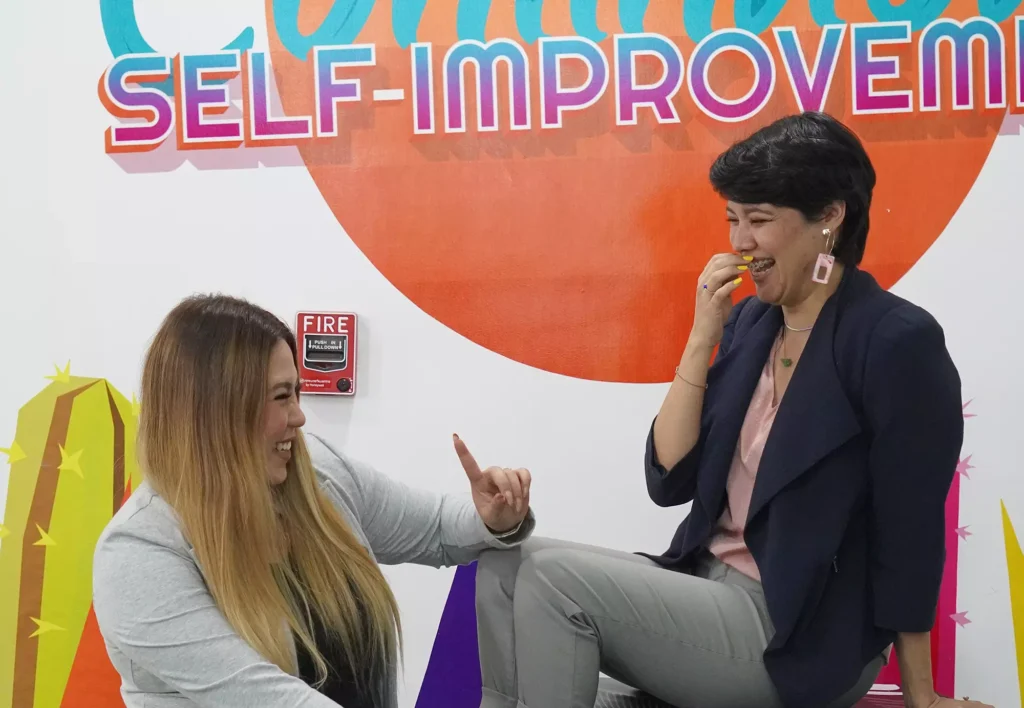Industry Knowledge
Why Omnichannel Healthcare is the Key to Healthier Patients and Providers
Omnichannel healthcare is here and now. How can it help provide patients with better care?
The pandemic shaped the healthcare sector like no other. Without warning, the industry had to quickly adapt to a sudden, unprecedented wave of restrictions, policies, and healthcare staff shortage. On the bright side, this crucial period served as an impetus to accelerate digital innovation, process efficiency, and the need for a more comprehensive and integrated way of providing proper healthcare to the public.
Omnichannel healthcare is a patient-centric approach that blends various touchpoints and channels to provide a seamless, consistent, and convenient omnichannel patient experience. It leverages data and technology to extend and offer personalized treatment to patients, wherever they may be.
Unlike multichannel healthcare—which utilizes modes of interaction independently— omnichannel healthcare integrates all means of communication in a unified manner, resulting in a hassle-free patient journey. If a patient, for example, inquired about a treatment through chat but wanted a more personal explanation, they could be redirected to a video call with a general doctor, and if needed, be scheduled to meet with a specialized medical professional face-to-face. This kind of holistic, patient-centered care is what omnichannel healthcare is about.
How omnichannel healthcare is shaping the industry
With digitalization and the consumers’ rapid adoption of tech, patients expect healthcare to evolve as well. For example, virtual care continues to be promising, as 83% of US adults say they would use telehealth even after the pandemic. Meanwhile, digital collaboration and analytics have been implemented to improve productivity and result in better patient outcomes.
According to McKinsey, medtech companies have substantially accelerated their digital transformations, adding self-service portals, webinars, and social media content, strengthening relationships with clinical and non-clinical stakeholders. This development is key, as one of the goals of omnichannel healthcare is to unify the different silos in the industry to eventually establish an integrated and collaborative network.
Furthermore, with the adoption of omnichannel in healthcare and the utilization of agile digital capabilities, providers should be able to determine individual patient needs when it matters, develop personalized interventions, and optimize engagement.
The undeniable benefits of omnichannel in healthcare

Today, people have a variety of ways to access healthcare through different healthtech solutions: health-monitoring apps, social media—even virtual reality. But easy accessibility is only one of the many benefits omnichannel healthcare brings. Let’s take a look at some of the advantages of utilizing omnichannel in healthcare:
- Improve patient journeys
A health provider can make various communications touchpoints available to patients, increasing omnichannel patient engagement. This, in turn, leads to better patient outcomes. Omnichannel healthcare also makes wellness convenient, as a user can choose to access health services in the easiest way possible without using unfamiliar tools. Through telehealth, patients potentially eliminate the need to travel. Finally, implementing multiple communication channels also means serving more people at a time, resulting in faster queues and wait times.
- Reduce costs
Omnichannel healthcare reduces a health facility’s costs by streamlining the touchpoints between patient and care provider. Remote consultations save patients money and time as they don’t have to leave their homes. At the same time, constant and proactive communication with health providers can help patients avoid medical complications and expensive treatment.
- Strengthen data gathering & analysis
Not only does omnichannel healthcare provide a better overall healthcare customer experience, but also offers an opportunity for providers to build a database of valuable information. Experts can analyze this data and glean insights on giving patients better, more personalized care. By learning clients' behavior and health history, medical professionals can improve and tailor-fit the recommendations and treatment they provide, likely making them more effective.
Applications of omnichannel healthcare

There are various ways to deliver omnichannel healthcare. Each has its specific use and respective benefits for patients. Let’s go through a few examples.
- Patient portals
These are secure online portals where patients can access important medical information such as patient records and lab results. Through the same digital channel, users can also contact their healthcare providers, schedule appointments, and more. All this can be done via their personal computers and mobile devices. Patient portals make the healthcare journey more convenient and integrate key touchpoints, making it a perfect example of omnichannel in healthcare.
- Health apps & wearable devices
Mobile health apps enable users to track their health and receive care wherever they are, whenever they need it. On top of monitoring vital signs and fitness milestones, health apps can be an important part of the health ecosystem; through omnichannel integration, patients can make appointments, consult with medical professionals, and readily access medical records. Wearable devices (which can be synced with health apps) can track a user’s health status and physical activity, helping providers understand a patient's condition, thus offering better treatment or recommendations.
- Face-to-face visits
Omnichannel health isn’t all about digital. Personal visits between provider and patient remain a crucial aspect of its patient-centric approach. Unlike virtual or telehealth appointments, face-to-face consultations or examinations allow for comprehensive medical assessments and deeper, more personalized care. Nothing builds trust like genuine, personal interactions. Hands-on solutions like this and virtual care can lead to happier and healthier patients.
Holistic Healthcare, Powered by Humans + Technology
Digital transformation in the healthcare industry isn’t easy or instant. Fortunately, providers always have the option to consult with experts and digitize their operations through the help of a healthcare BPO. Indeed, any organization wants to get the most out of its investment and collaborate with a proven partner to enable Ridiculously Good change.
Recognized by the Everest Group as the World's Fastest Business Process (Outsourcing) Service Provider in 2022 and with glowing reviews in Gartner Peer Insights Review, TaskUs has been a consistent provider for healthcare clients across the industry.
Whether you need help in transitioning to omnichannel healthcare or need to outsource certain operations, we’re ready to deliver—and go beyond that, exceeding expectations and producing Ridiculously Good results.
References
We exist to empower people to deliver Ridiculously Good innovation to the world’s best companies.
Useful Links








